“Three years ago, we could never dream of working in this community, because it was so overrun by gangs,” told us, Marvin Pineda, an agronomist, with Kenoli partner, ADES.
Criminal gangs essentially controlled El Salvador, for many years, and the country’s homicide rate was one of the highest in the world. To put an end to this, the recent government declared a state of exception, which has been regularly extended for about two years. Anyone suspected of criminal gang activity has been rounded up and incarcerated. This has cleaned up the streets and people feel safer now. We could see small businesses starting up in rural areas, where before there were none.
The downside has been the suspension of human rights and essentially an authoritarian government. Without evidence of wrongdoing, people are jailed and hearings to release them are regularly postponed. This includes the former Director of ADES and some community members who were jailed January 2023, released nine months later, only to be held under house arrest, still unable to work or step outside the home. Recently a law has been passed forbidding discussion or education about gender or LGBTQ issues, which is considered an ideology. People are afraid to speak out about injustices or corruption, as some of those who speak out have also been jailed.
Under these difficult and complex conditions, ADES continues working to assist those living in poverty and extreme poverty in isolated communities.
We met Fidel who suffers from kidney disease, due to many years of using chemicals for his crops without protective gear. Now thanks to ADES, he has learned how to make and use natural pesticides for his vegetable garden and corn field.
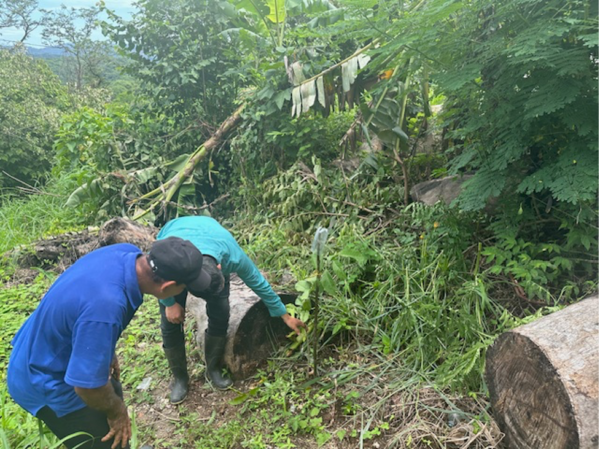
Fidel with Marvin of ADES
Narcisa now has a vegetable garden and a chicken coop, which helps feed her family.
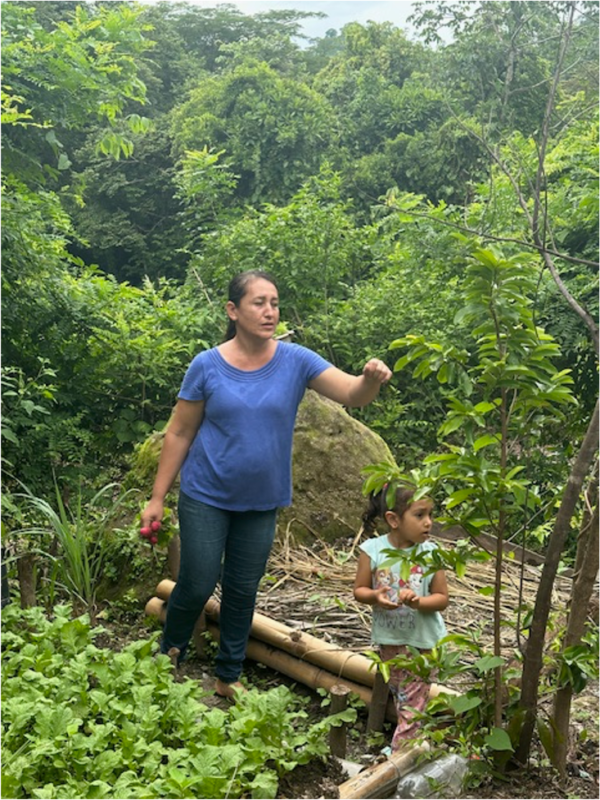
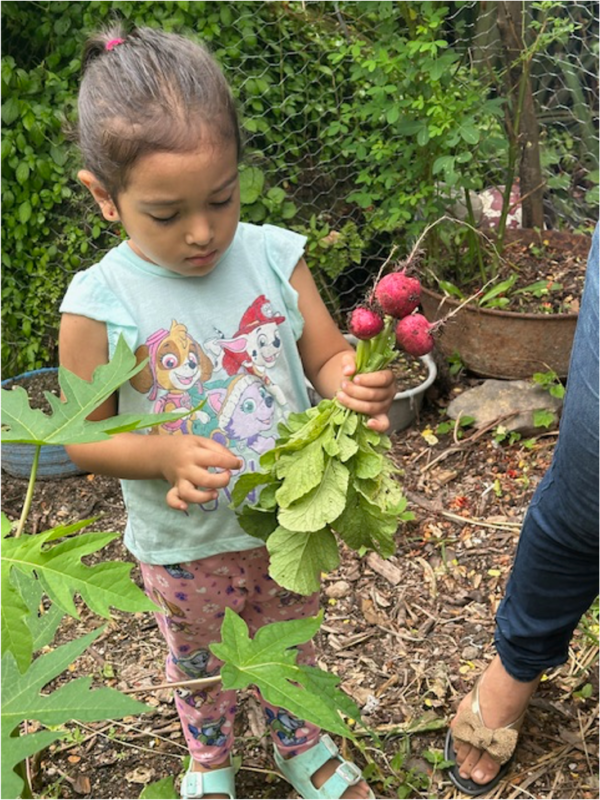
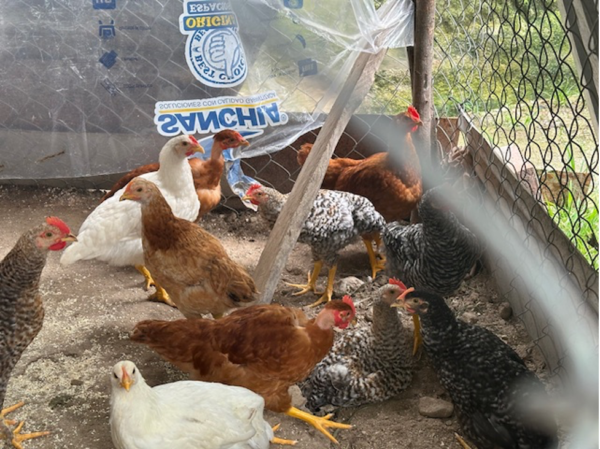
Rene lost his corn crop due to the heavy rains. He said “if we don’t replant, we don’t eat”.
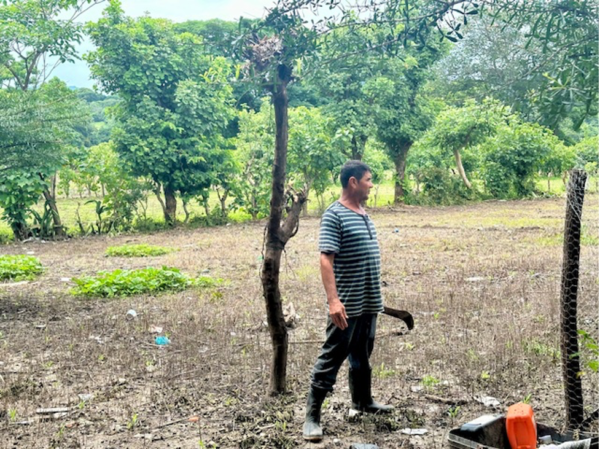
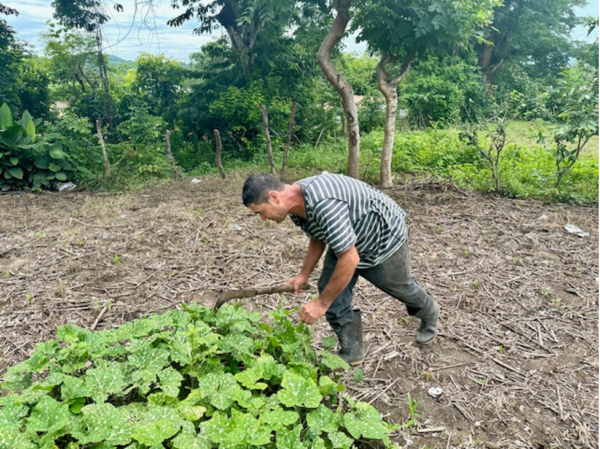
In spite of the complex situation in their country, with the support of ADES, these courageous people are striving to improve their lives and foster hope for a better future.
Vera Radyo and Ken Phillips